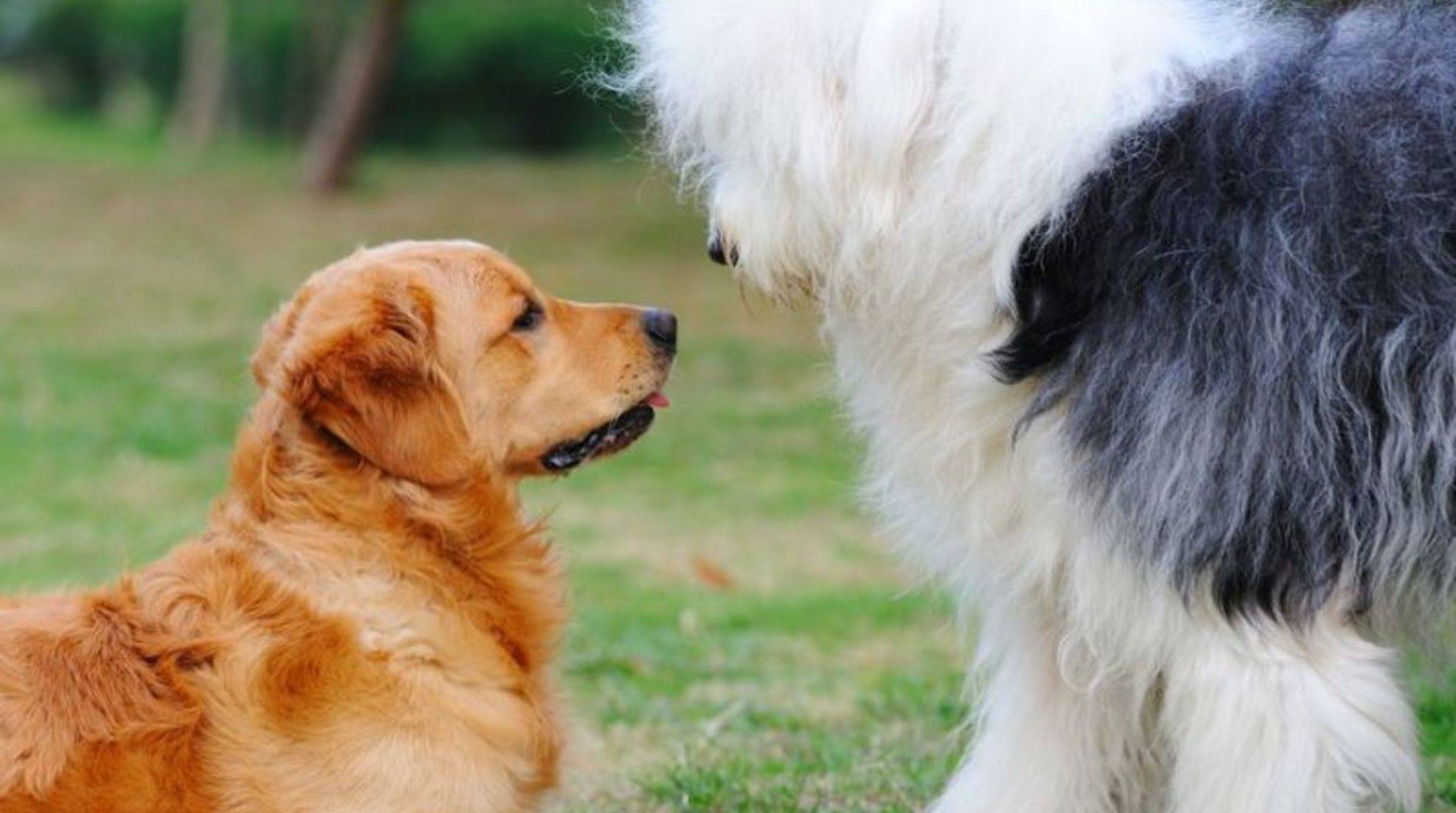Behavioral problems in dogs: recognizing problems
Whether excessive aggression, constant barking, or extreme anxiety – behavioral problems in dogs have many faces. The causes for the issues can be found primarily on not species-appropriate attitude, wrong education, and inadequate treatment. Behavioral disorders can often only be remedied with professional help.
In the worst case, behavioral problems in dogs can lead to the four-legged friend being given away again and again and not finding a loving home anywhere. If it comes to the extreme and dogs with behavioral problems become so aggressive that they attack and injure people, they may even be euthanized by police order. To prevent this, problems must be identified as early as possible and expertly treated.
What is meant by behavioral problems in dogs?
The transition between undesirable but still tolerable behavior and behavioral problems in dogs is fluid. The problems often start minor and are not recognized at the beginning. Over time, however, the misbehavior solidifies or spreads to other areas to gradually become a deep-seated behavioral disorder. Examples of behavioral problems include:
● Constant barking, whining, yelling, or crying (excessive vocalization).
● Leash aggression and other forms of social aggression toward conspecifics.
● Aggression toward people
● Hyperactivity and lack of concentration
● Lack of frustration tolerance and impulse control
● Unwillingness to be motivated
● Extreme fearfulness and shyness
● Addictive play behavior (“ball junkies”).
● Uncontrollable hunting instinct
● Persistent disobedience
● Begging and stealing
● “Destructiveness”
Possible causes of problems
Mild behavioral problems in dogs, from which neither the four-legged friend nor his humans suffer so much that they can hardly stand together, are usually due to training errors and misunderstandings in dog-human communication. Disobedience, lack of motivation, and bad manners such as begging and stealing are generally caused because the human was not consistent in dog training or did not train the commands in a way that the four-legged friend understands. It may also be that boredom tempts the four-legged friend to “misbehave” and, for example, destroy your interior furnishings. However, some dogs are more difficult to train by disposition than other conspecifics. It may be breed-related, but it is also a matter of individual dog personality.
A particular disposition can also lead to more severe behavioral problems in the dog. Hunting dog breeds, for example, naturally have a more pronounced hunting instinct than herding dogs or companion dogs. If this is not kept in check by appropriate training from puppyhood, it can get out of control so that the dog chases everything that moves – and becomes a danger. An uncontrolled hunting instinct can also manifest itself in addictive behavior during play. Dogs that have been bred to be independent can develop a stubbornness that makes them challenging to train. Inexperienced dog owners are usually overwhelmed and make mistakes that can lead to behavioral problems.
Excessive vocalization may result from improper dog training and may also indicate separation anxiety or another form of anxiety disorder. Both anxiety disorders and extreme aggression cannot be attributed to training errors alone. In this case, bad housing conditions are usually responsible because the quadruped sees itself, its pack or its resources constantly threatened and reacts to this either with withdrawal or with the attack – withdrawal means, in this context, an anxiety disorder, attack increased aggressiveness. Shelter dogs that have been through a lot have been “passed around” often, or emergency dogs rescued from the streets can develop such behavioral problems. However, this should not stop you from giving these animals a chance – but as soon as you notice that your four-legged friend seems to have problems, you should seek help.
We are helping behaviorally challenged dogs: What to do?
A good dog school or a professional dog trainer can usually help with mild behavioral problems. Make sure the dog school or trainer uses completely non-violent methods – i.e., do not recommend leash jerking, “alpha throwing,” or muzzle holds as a training measure. This can only make things worse for dogs who are previously prone to fearfulness, aggression, or nervousness because it intimidates them, makes them feel insecure, and destroys their trust in you. Instead, both positive reinforcement (rewarding desired behavior) and negative reinforcement (dog gets no reward for undesired behavior) are helpful.
If the problems are already so entrenched that training and education alone no longer help, you should consult an animal psychologist specializing in problem dog therapy. Step by step, he will help you and your dog restore a sense of security, instill self-confidence, and teach your four-legged friend non-aggressive conflict resolution strategies. This may take time, effort, and money, but in return, you will save your dog from a cruel fate.








